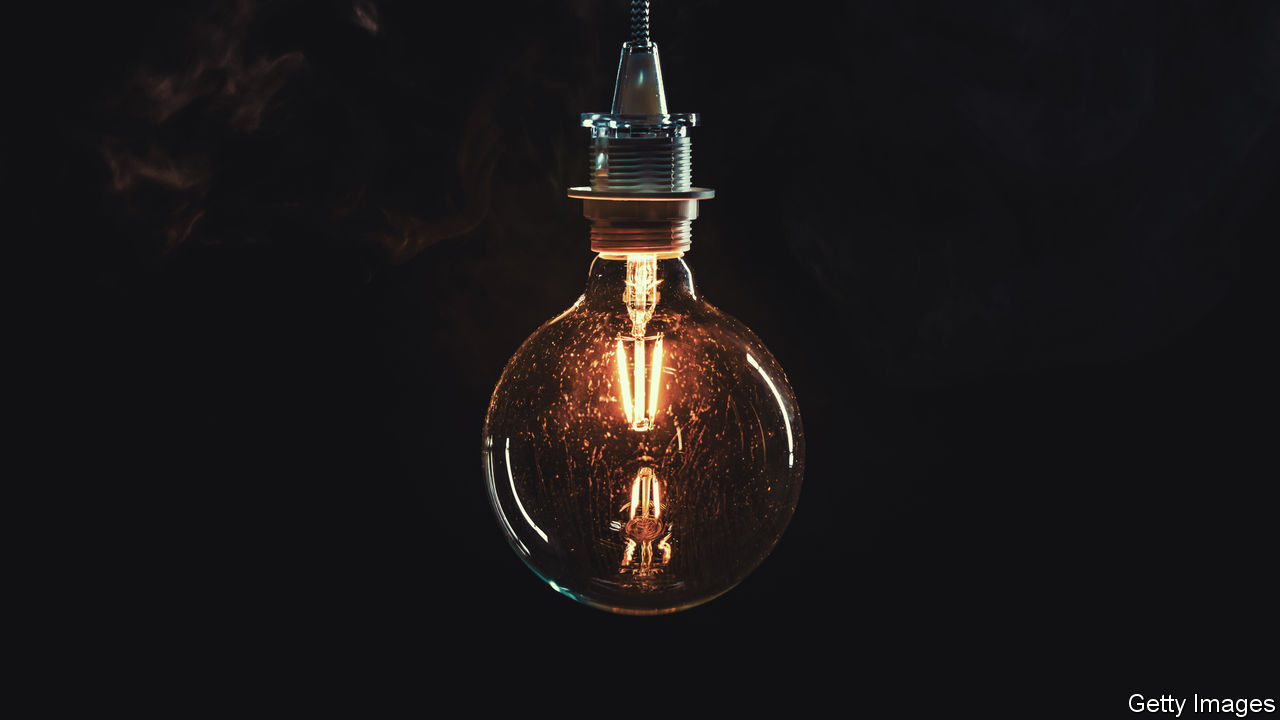
A grammatical analysis of Donald Trump’s double negatives
July 18, 2018
Liverpool boss Jurgen Klopp makes Loris Karius admission after Alisson arrival
July 22, 2018ELECTRICITY powers growth, boosts education and improves lives. Yet about 1.1bn mostly rural dwellers in Asia and Africa remain stuck in the dark. They have no electric light, rely on kerosene and diesel for power, and struggle to irrigate their crops. The good news is that people can be connected to clean, reliable power faster than ever before. But to realise the potential, governments need to rethink the role of utilities.
Typically, countries connect citizens with vast grid-extension programmes. Big grids make perfect sense for populous places. They can cheaply supply power generated far away to millions and, as they incorporate more wind and solar energy, they are becoming greener. But in remote places, the economic case for grids becomes hard to make.
Many utilities are short of cash, if not bankrupt. The cost of taking power to those least able to afford it adds to their debts. China and Thailand took 20 years to improve electrification rates from about 30-40% to…Continue reading
Leaders



